Have you ever noticed that when you are just about to say goodbye to your toddler, their tiny arms wrap tightly around your legs, and the tears start rolling in? Your toddler may yell, “I want to do it myself” when it comes to playing or eating, but the second you try to get out of their sight, the meltdown begins. No matter how strong you are, separating from your toddler for even an hour can leave them worrying. This is one of the symptoms of separation anxiety in toddlers. Although we know it is a phase of growing up, it does not make it comfortable.
In this blog, we discuss how to handle separation anxiety in toddlers and make goodbyes a little less stressful for you and your little one.
What is Separation Anxiety in Toddlers?
Separation anxiety in toddlers is when they get upset, cry and show signs of distress when a parent leaves. This behaviour typically starts when they are a few months old, but it becomes severe when they reach a year and may continue till they are 3. Toddlers start becoming clingy to their parents and caregivers when they start becoming aware of their familiarity. They create a fuss by crying, yelling, and protesting because they do not want to be left alone.
Signs of Separation Anxiety in Toddlers
Let’s look at signs of separation anxiety that will help you understand what separation anxiety is in infants:
1. Crying: Your child may experience intense and uncontrollable crying when they see you leaving the house or their sight.
2. Toddler Tantrums: Your child may have suddenly burst into toddler tantrums, like yelling, crying, kicking, or throwing stuff. They even refuse to fall asleep when alone in bed.
3. Clinging: Your child may cling to your legs or feet, refusing to let you go. They may cry to get onto your lap and have the constant urge to be held by you. They may also get irritated when exploring new environments.
4. Complaints: When your child gets to know that you are leaving, he complains of stomachache, headache, hunger, or other things.
5. Nightmares: If your child frequently experiences you leaving him alone, he may have nightmares about the same. These nightmares can make your child more frustrated and clingy. Bedwetting is a normal result of this.
What Triggers Separation Anxiety in Toddlers?
It’s common for your toddlers to cry when they are taken from your arms. We assume it to be normal tantrums as well. But it’s considered abnormal if your child behaves the same beyond the age of 3. Usually, some common factors can lead to separation anxiety in infants:
1. Genetic Factors: Genetic factors like anxiety, sensitivity, and mood disorders in family history affect the temperament of the child. These hereditary factors can make a child more sensitive towards stressful events.
2. Traumatic Events in the past: Traumatic events like disruptions in the home or violent behaviour of a primary caregiver distress a toddler and become clingier to feel safe and secure.
3. Overprotective parenting schedules: Constant supervision and rigid schedules made by you make your child more dependent on you for safety. They are unable to gain confidence, therefore, become anxious when separated from you.
4. Inconsistent routines: Consistent routines make your toddler feel secure and to what to expect next. When routines are chaotic, it breaks their trust and makes them worry about your return when they see you leave.
5. Toddler’s personality: If your child is naturally cautious, sensitive and has a fearful temperament, then they are more prone to separation anxiety.
6. Biological influences: Toddlers often experience mood swings due to unpredictability and disruptions in their daily routine. This can make them more reactive or cautious to separation and stress.
Do Toddlers Outgrow Separation Anxiety?
When you are dealing with separation anxiety in toddlers, it feels never-ending. That being said, every child has a different stage of development. Some toddlers may need extra reassurance and time, but they can surely outgrow it. We have further discussed a few significant points on how to deal with separation anxiety in infants.
When To Worry About Separation Anxiety?
Usually, toddlers grow out of this phase by the time they are 3 years old or when they start preschool. By this age, if they still refuse to explore new places or cry when separated from you, then it’s an issue. Compared with other toddlers of the same age, if your child’s tantrums seem excessive or abnormal, or continue for over 2 weeks, it could be separation anxiety disorder in toddlers, which is a sign of worry.
As a worried parent, you might be wondering how to deal with separation anxiety in toddlers. The first thing that we need to do to tackle this situation is to understand why your toddler gets anxious when you are not around. Usually, if your toddler has a consistent routine or an assurance that you will always return when you leave, it builds trust in them. When they expect you to return and you most definitely do, it gives them more confidence to be independent. There is a cure for separation anxiety in toddlers, which includes some effective strategies to ease their anxiety and build their confidence like:
1. Encourage Expression
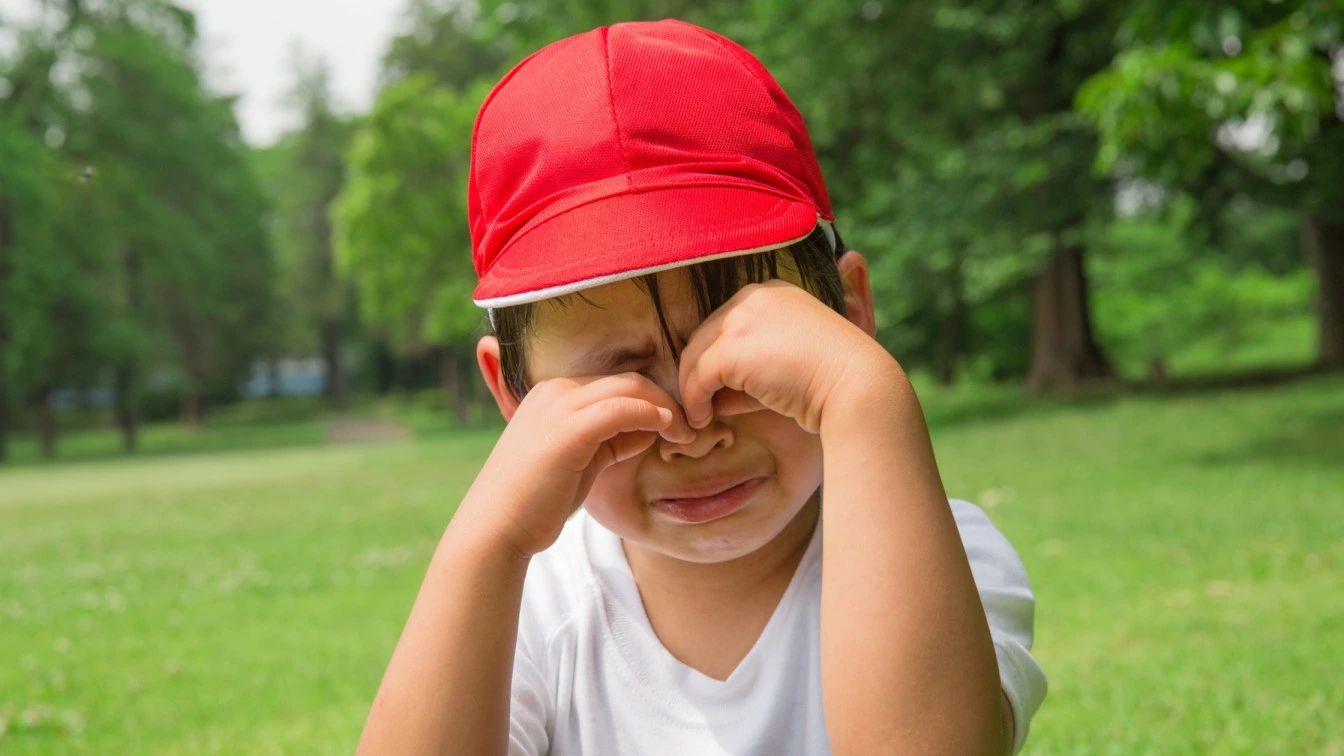
You might think that the answer to how to ease separation anxiety in toddlers is to be present with your toddler until they stop crying. But the best thing that you can do is to encourage them to express themselves through crying to bounce back from the anxious separation.
2. Introduce Gradually
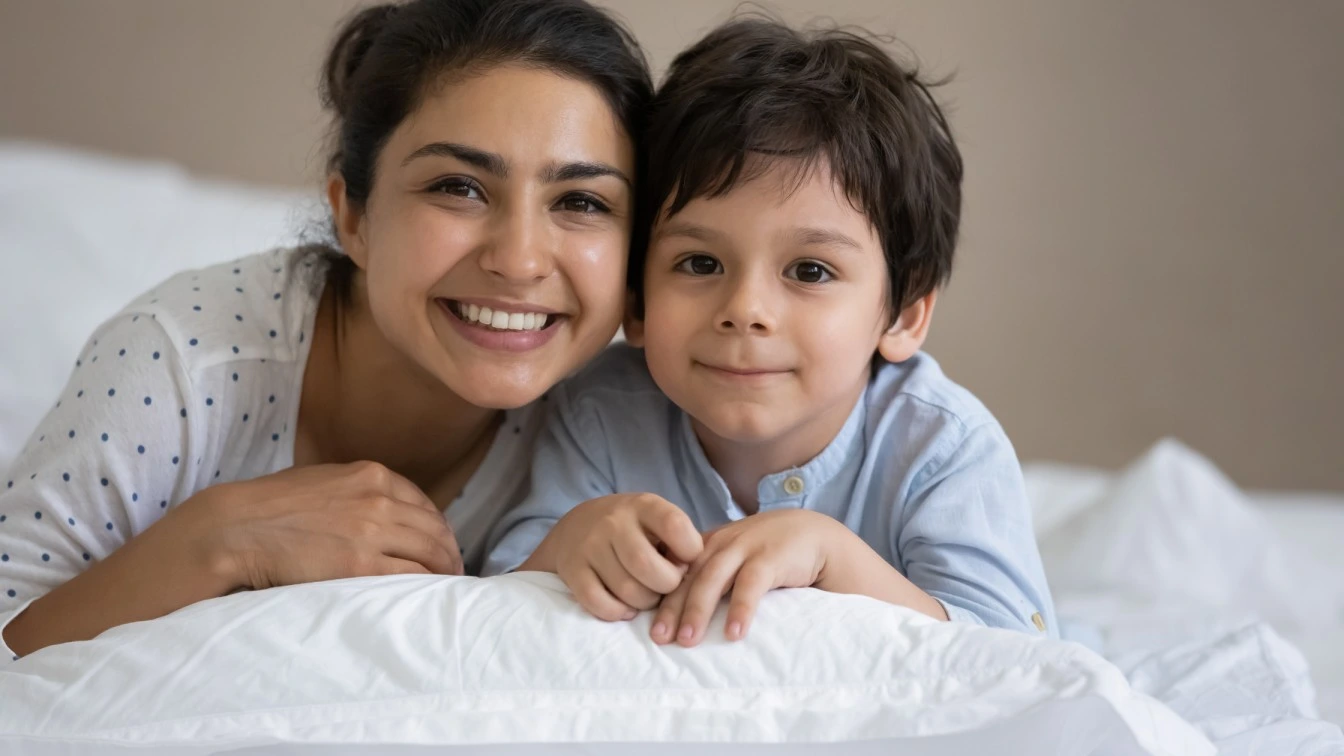
Introduce the secondary caregiver gradually to your toddler. Let them get comfortable in their presence. Spend some time together as a group before letting your child be alone with them.
3. Create Predictable Routines
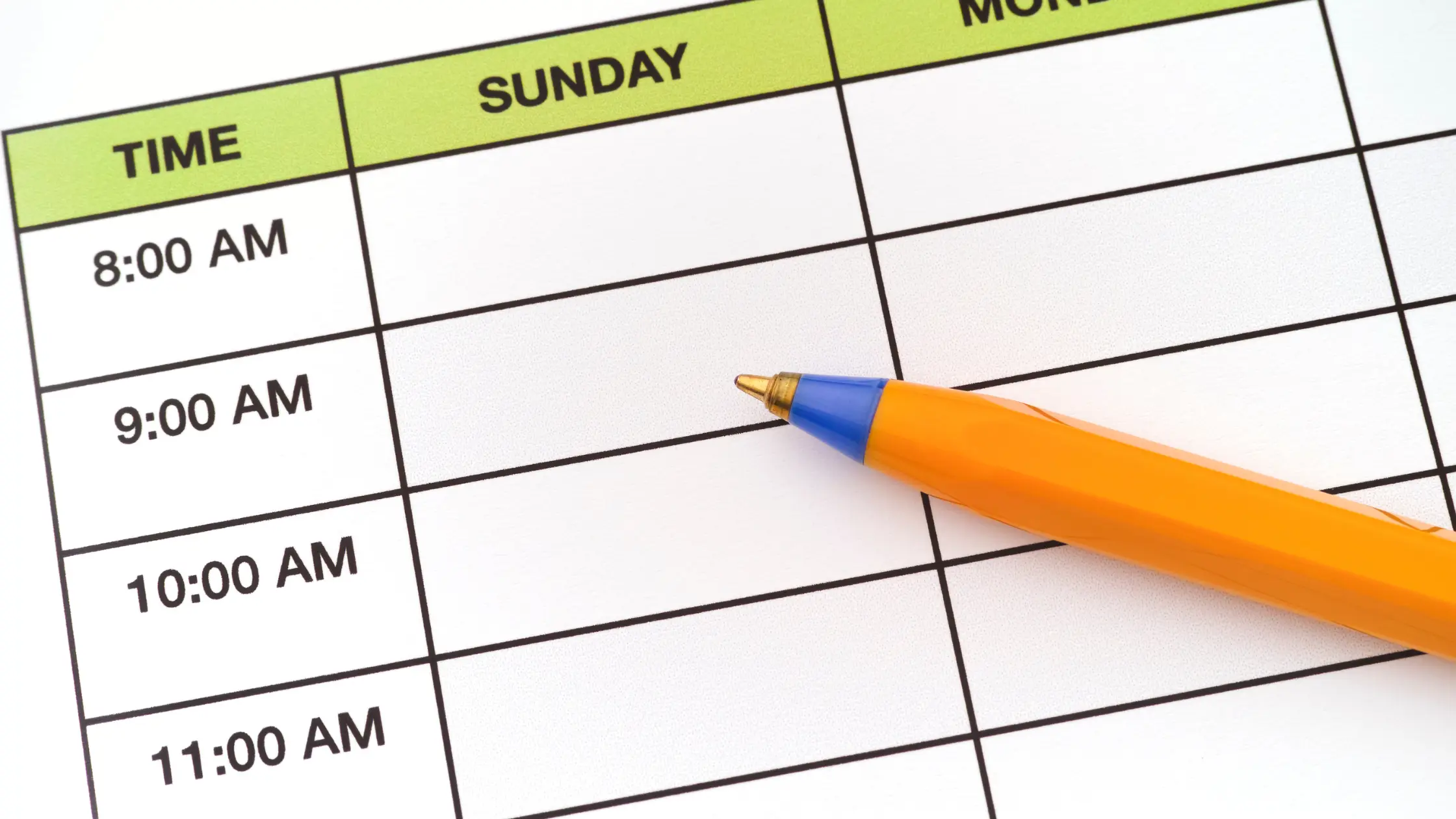
Your toddler may not understand a routine chart, but he will surely understand “after eating time”. If a clear and predictable timetable exists, your toddler knows what to expect. This makes them ready for what comes next.
4. Practice Separation
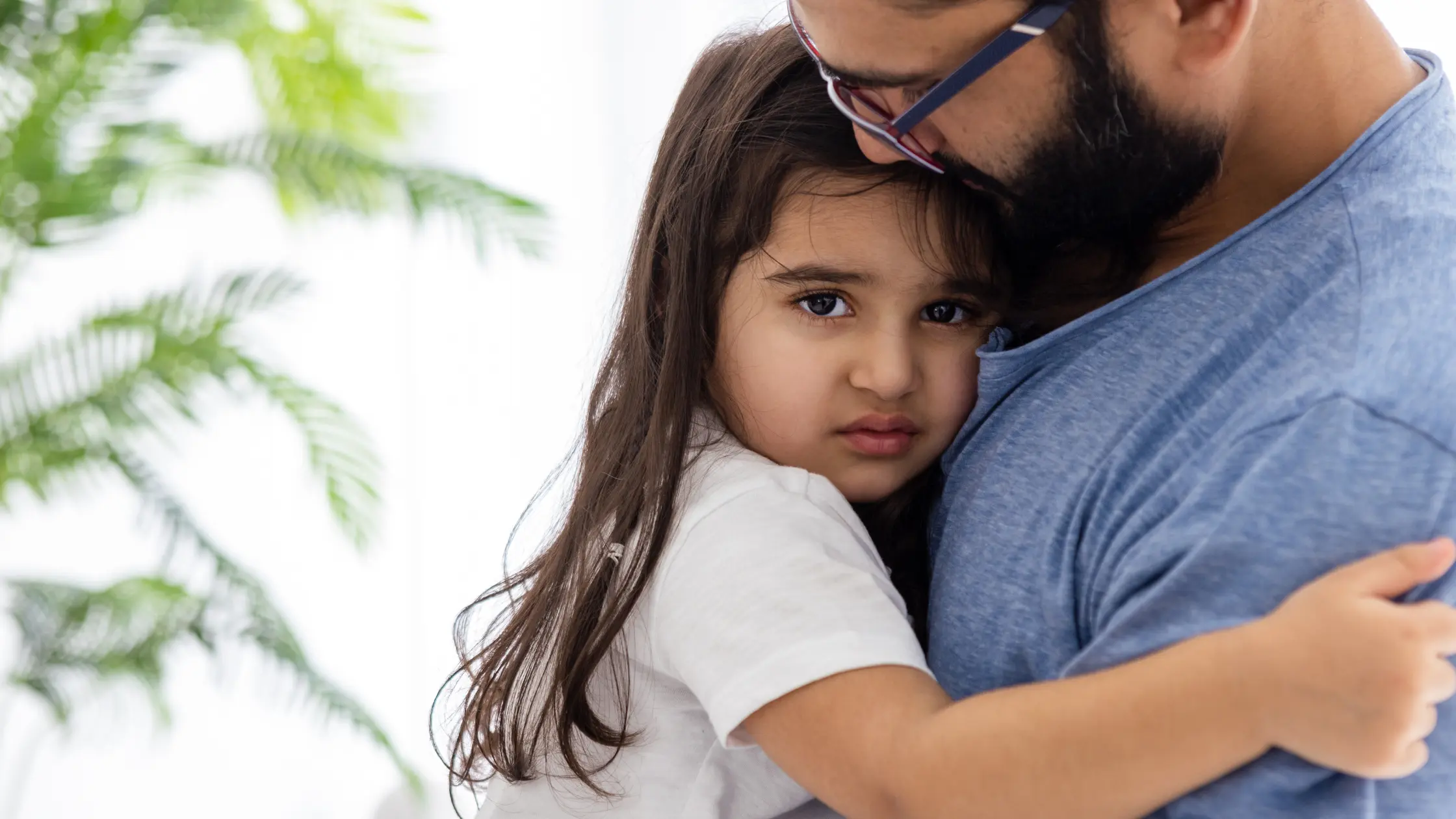
Have some practice sessions with your toddler where you are away for short periods. This will build trust in your toddler that you will always come back and make him comfortable without you.
5. Provide Comfort Objects
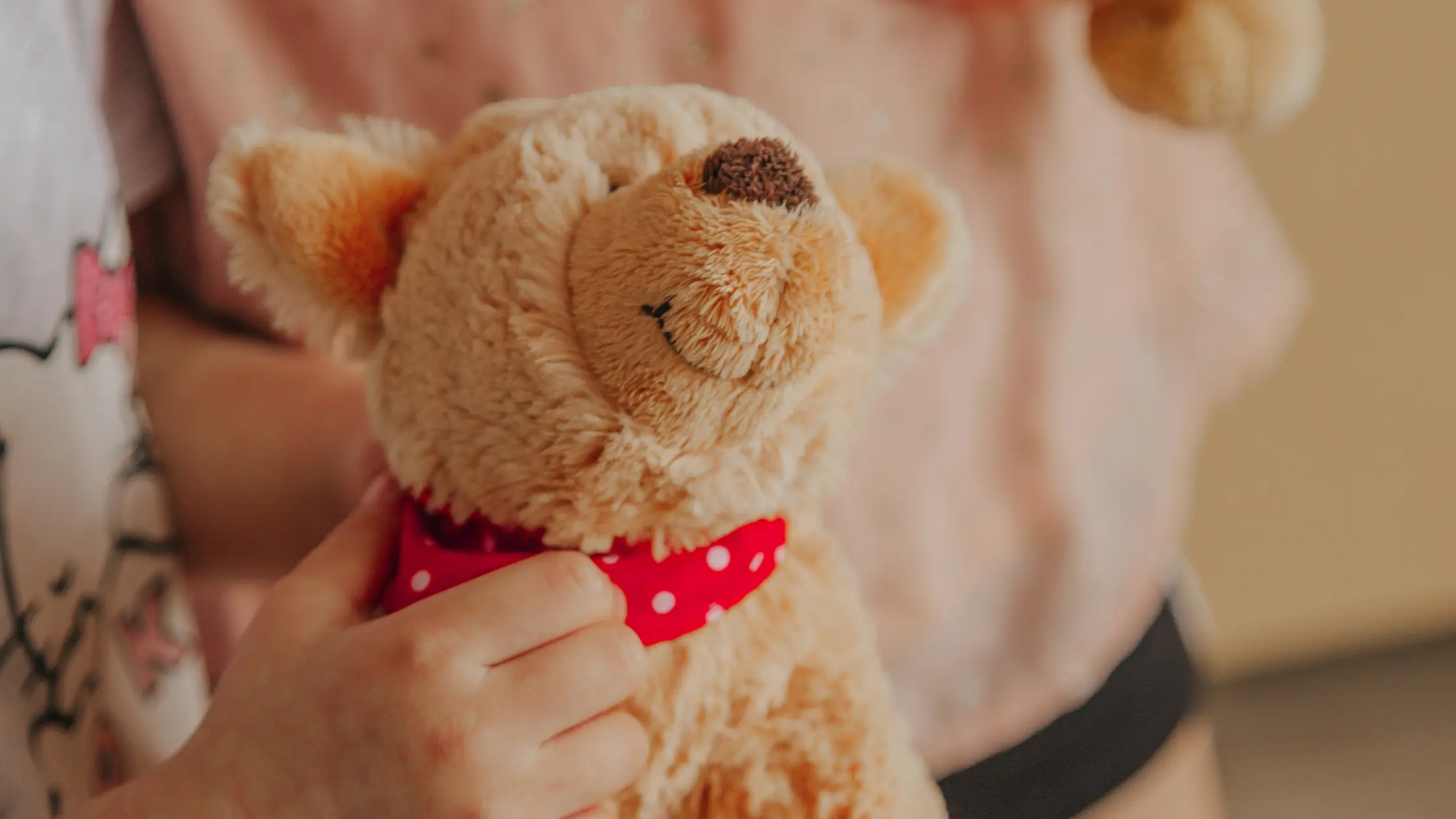
Let your child have a favourite toy with them always. When your child has a comfort toy, it brings them a sense of security and calm in your absence.
6. Positive Reinforcement
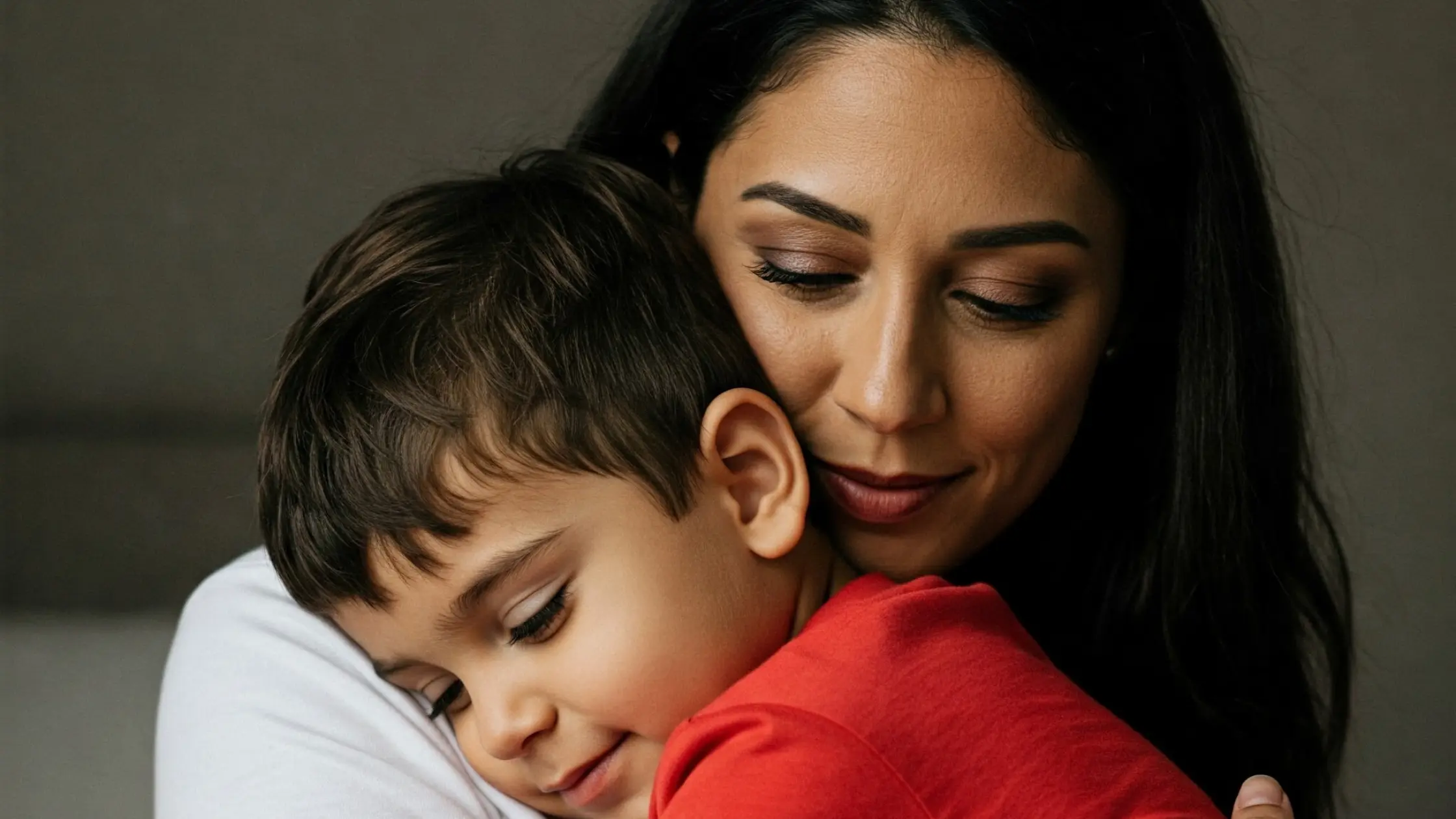
Each time your child looks comfortable when you leave, encourage your child’s behaviour by celebrating or rewarding it either with a hug, forehead kiss, a handshake or a gesture of love. Reinforce your toddler’s behaviour by celebrating it.
7. Timing Matters
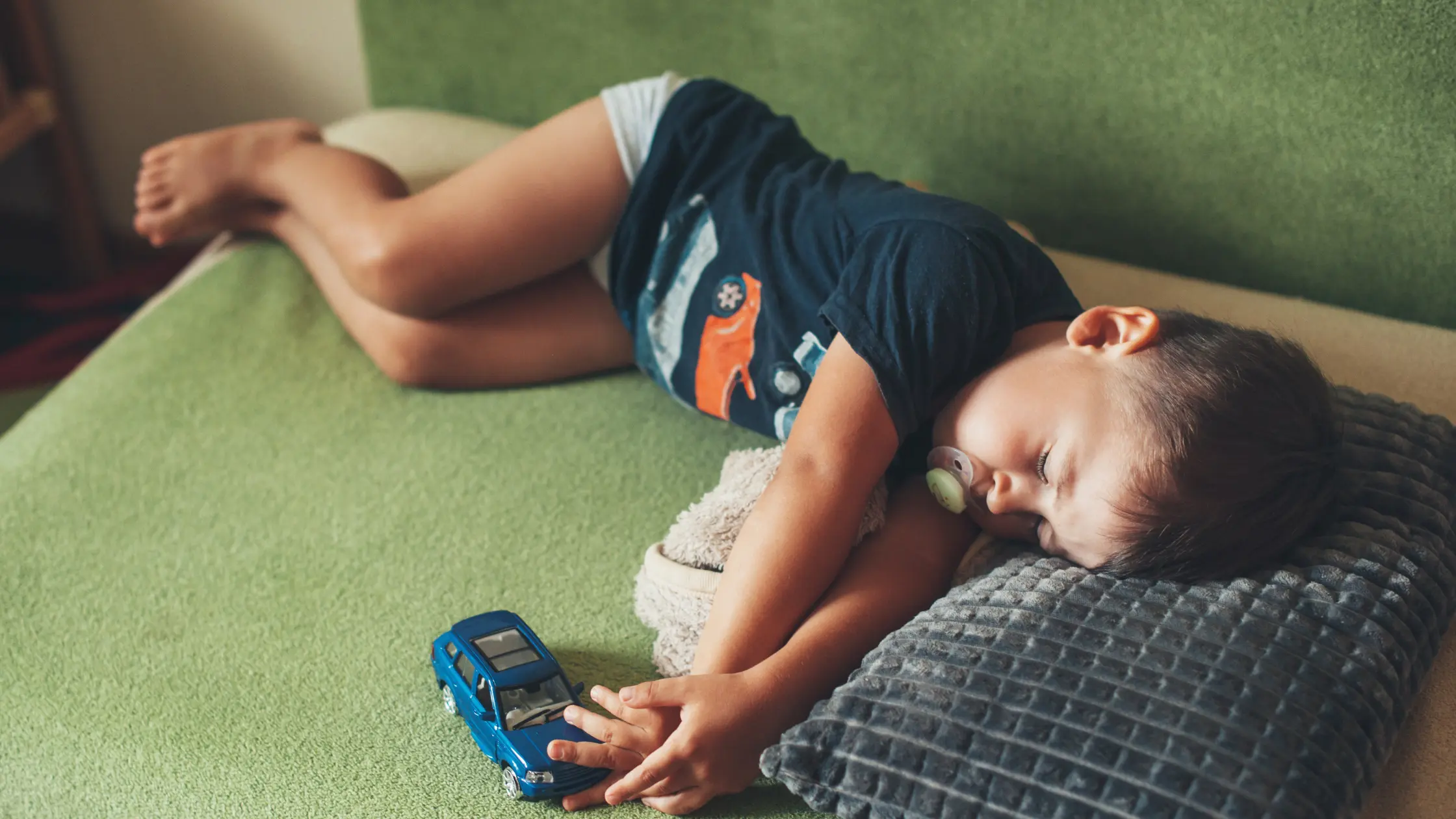
Make sure that your toddler is well fed with a good nap time. A tired and hungry toddler is crankier and throws more tantrums during goodbyes.
8. Exit Rituals
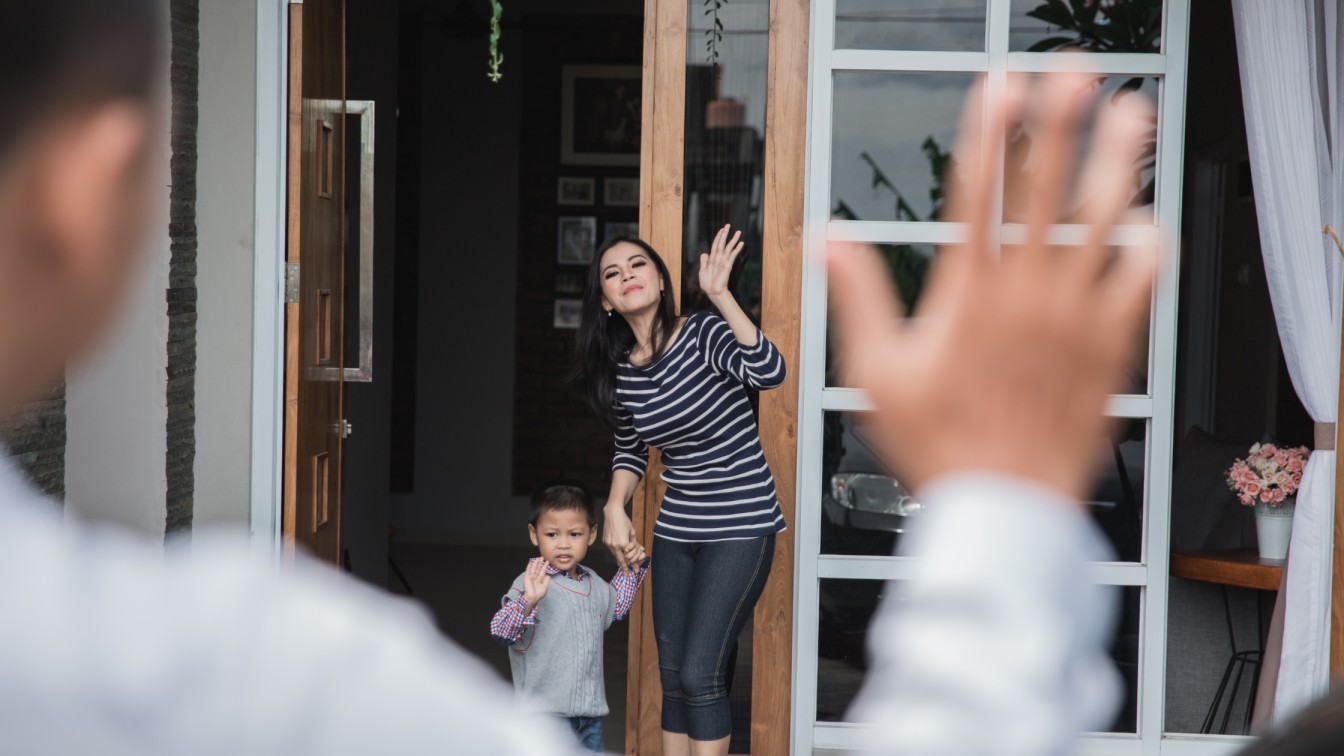
Have a set of goodbye rituals like a special kind of goodbye wave, face expression, dance step, hug or phrase. A special ritual will provide your toddler with a sense of comfort in your absence.
9. Follow Through on Promises
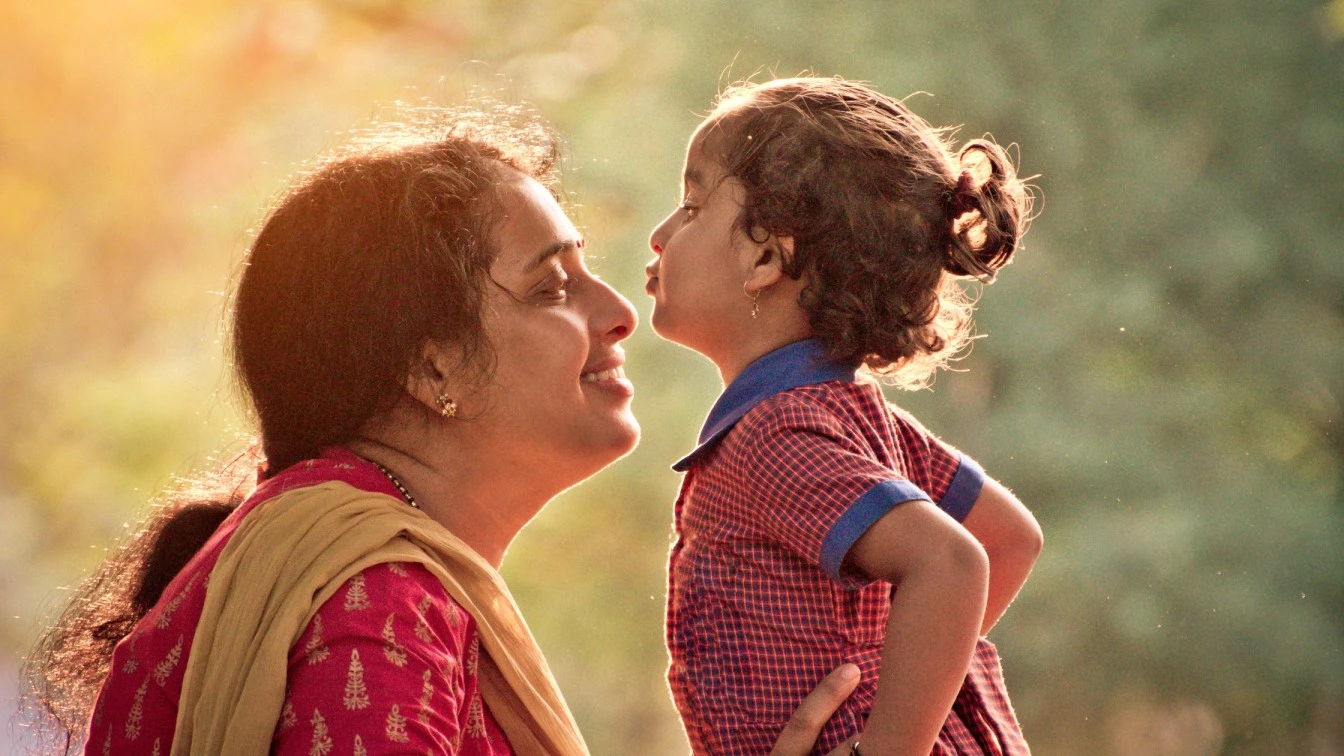
When you say goodbye to your toddler, you also promise to come back soon. Making sure to follow through on your promises rather than sneaking is the best solution to how to ease separation anxiety in toddlers.
10. Distraction Techniques
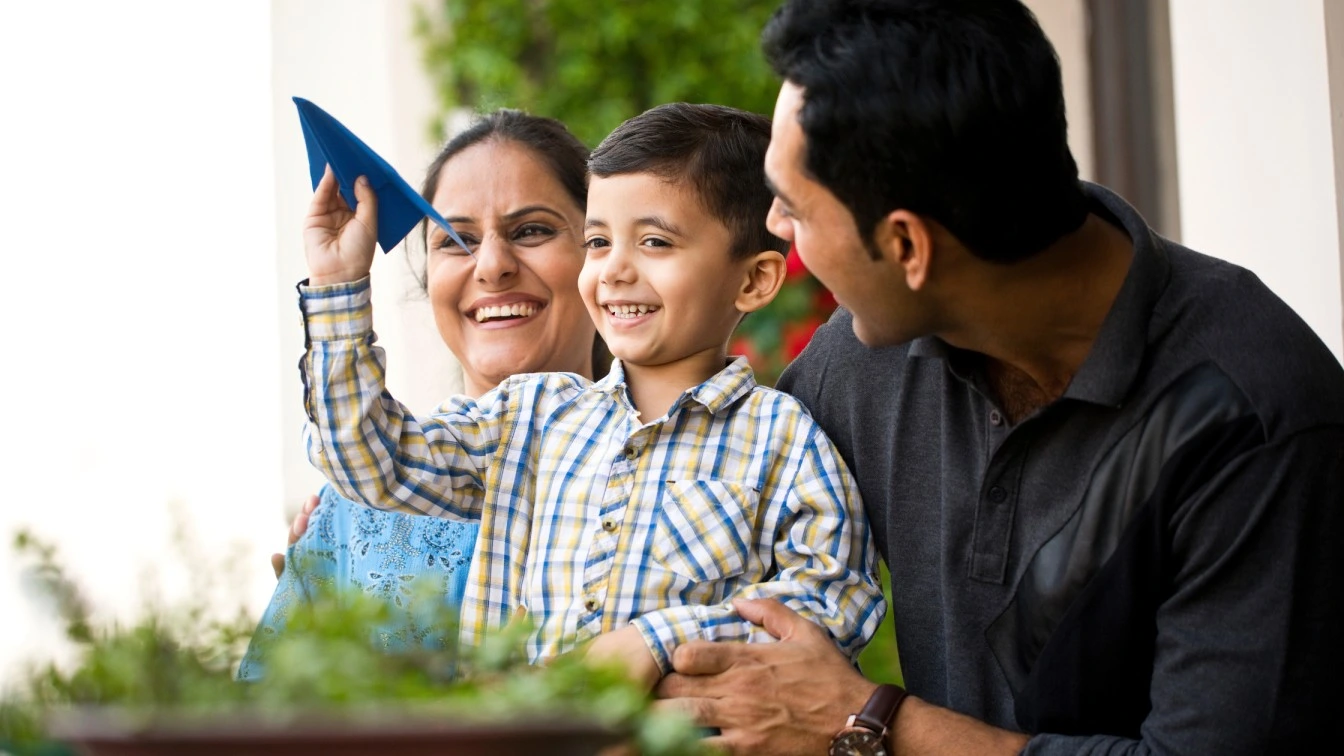
We know that the best way to comfort a crying toddler is to distract them. If you’re wondering how to tackle separation anxiety in infants, introducing fun distractions like toys, songs, or games shifts their focus from the anxious goodbye moment.
How Preschools Help with Separation Anxiety?
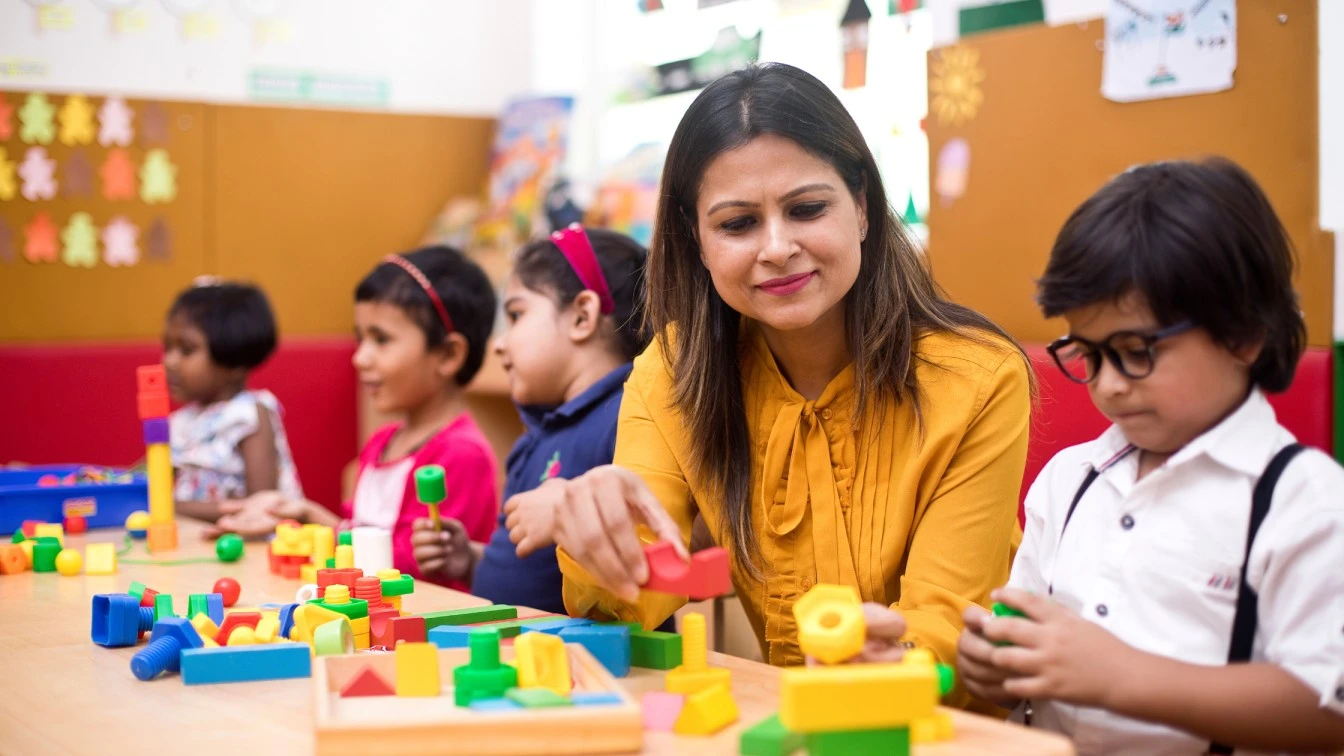
When dealing with how to break separation anxiety in toddlers, preschools can feel like a lifesaver for you.
- When your kids start attending preschool, they gradually get comfortable with the daily goodbyes.
- As they see kids of their own age, they get a sense of familiarity and security.
- Your kids slowly realise that even when you leave them for some time, you will surely come back to get them.
- Being with warm teachers and friends, they also learn additional coping skills that allow them to regulate their anxious feelings.
How KLAY Handles Preschoolers with Separation Anxiety?
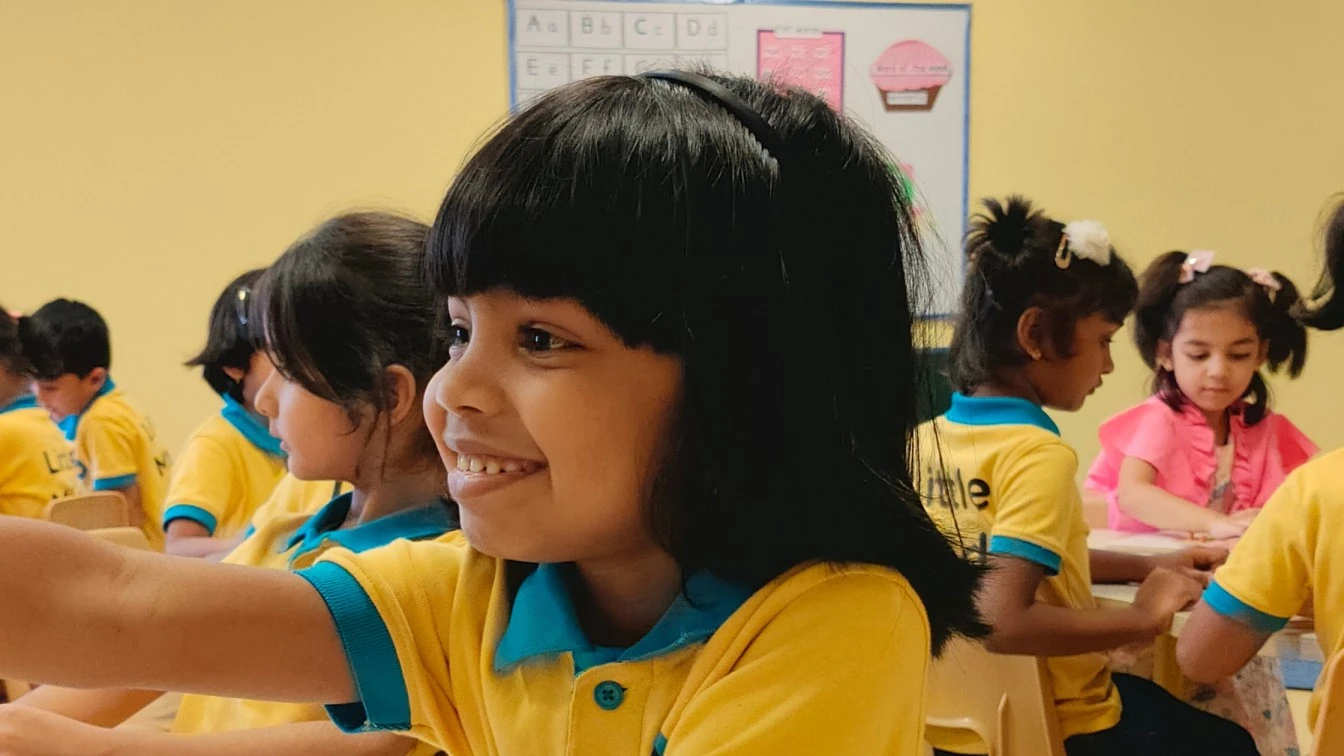
At KLAY Preschools, we understand how tough goodbyes can get for both you and your kids. Here are few things that we do make the transition easier:
- At KLAY, the teachers and center directors make your little one’s day easier by greeting your kid at the entrance with a warm and welcoming smile. As your kids start seeing these familiar faces and cheerful invitations everyday, their hesitation fades away. Instead of clinging to you, they step in KLAY with excitement.
- Our teachers gently reassure your kid from the drop off time, engage them with fun and educational activities throughout the day to make them comfortable in the new environment.
- With consistent routines, bonding with friends at KLAY, your kid quickly feels safe and the confidence to be independent.
- KLAY teachers have also built dedicated comforting corners with familiar soft toys, calming activities, and familiar routines just like your home to engage and your kid.
- KLAY makes the separation easier for you too with daily updates, photos, and open communication.
FAQs
1. At what age does separation anxiety start?
Separation anxiety usually starts at around 8 months old and becomes severe as they grow older until they reach the age of 3.
2. How long does toddler separation anxiety last?
Toddler separation anxiety typically lasts till they are 3 years old or when they start going to preschool. To fix separation anxiety in toddlers, you need to be patient and create a sense of safety in your absence.
3. How do I know if my toddler has separation anxiety?
If you find your child suffering from any of the above signs of anxiety, it may be separation anxiety. Parents often ask: Is separation anxiety disorder in toddlers completely curable? In most cases, yes. With gentle routines and some guidance, children learn to cope with being away from their parents.
4. How separation anxiety affects a child’s development?
Separation anxiety shows that you have a secure bond with your child. It is also a normal part of growing up. But if it lasts longer than usual, then it may lead your child to become underconfident, anxious, struggle to cope with new situations, and unsociable. That’s why parents need to learn how to handle separation anxiety in toddlers.



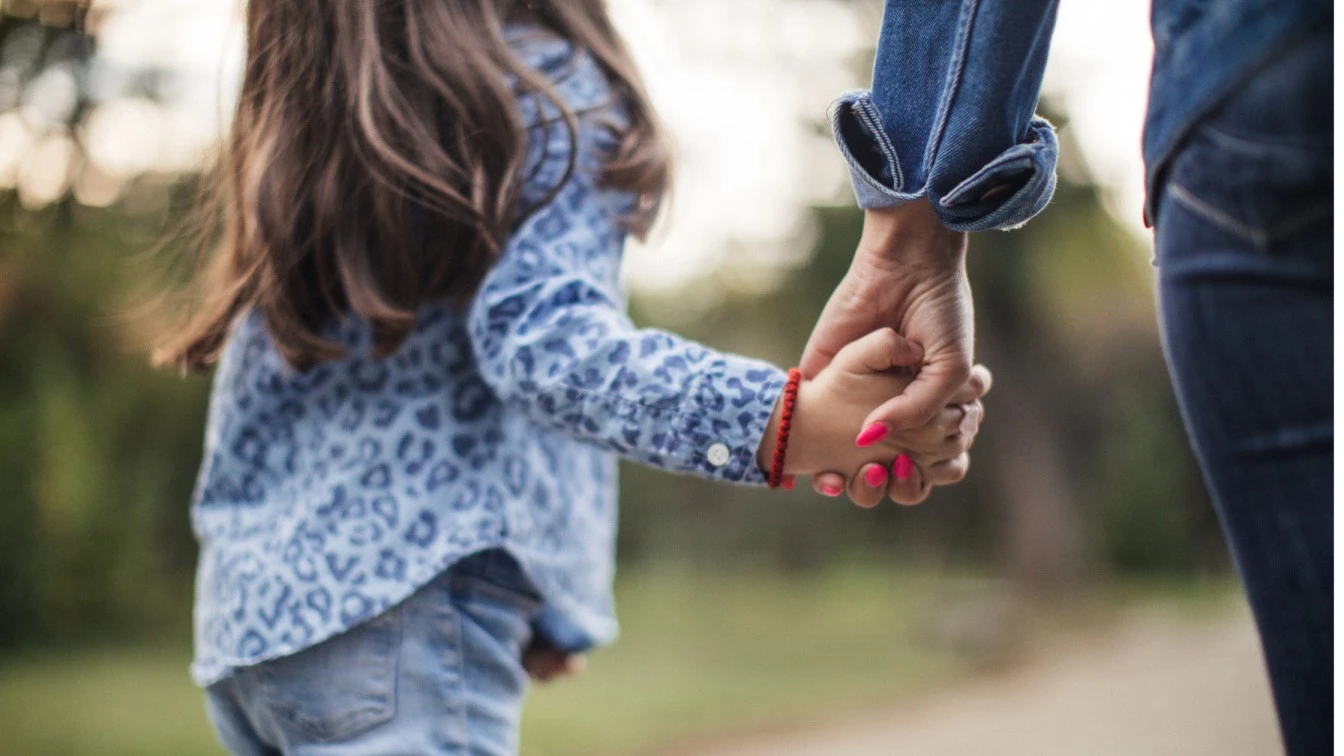












Subscribe to our newsletter
[contact-form-7 id="12706" title="Newsletter Form for post page"]Our Related Blogs
Yoga Benefits, Activities, and Poses for Preschoolers
For preschoolers, yoga isn’t about perfection but about giggles and benefits. So, are you curious how a simple stretch can support a child’s focus, flexibility, and emotional well-being? Let’s roll...
Year-End Reflection and Goal Setting for Children
Parenting is a journey filled with the brightest moments and valuable lessons, both for us and our children. As the year draws to a close, it’s the perfect time to...
Work-Life Balance Solutions for Parents in Emerald Hills Rd, Sector 65, Gurugram: The KLAY Daycare Advantage
Finding the perfect balance between professional commitments and parenting is a challenge for many working families in Gurugram. Parents in Emerald Hills Rd, Sector 65, especially, look for childcare solutions...